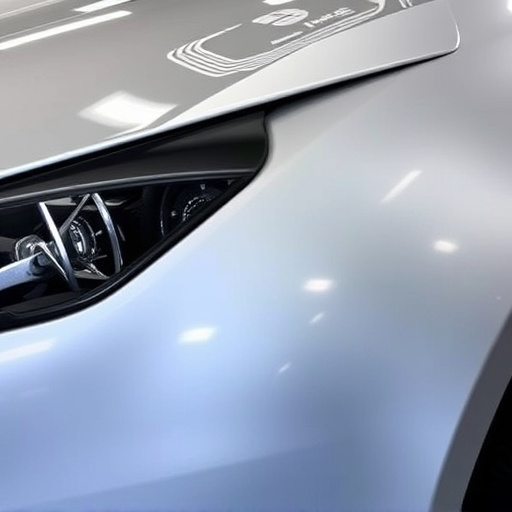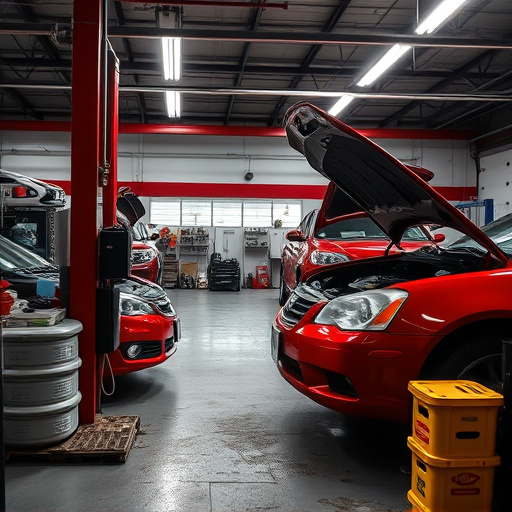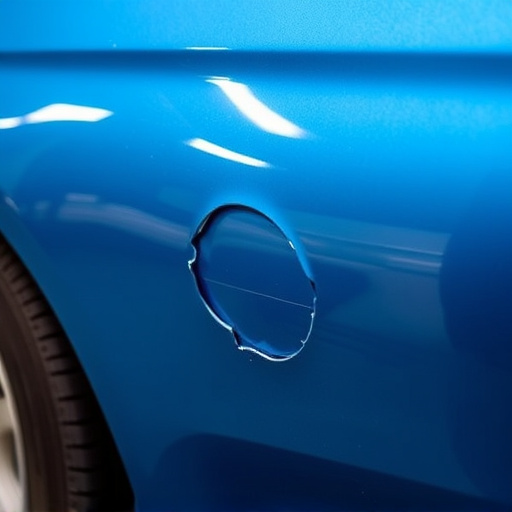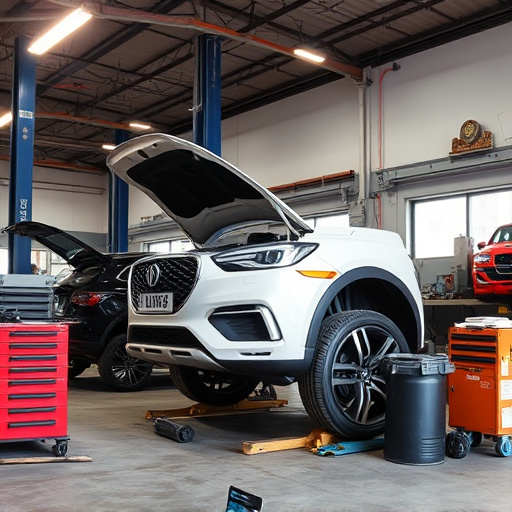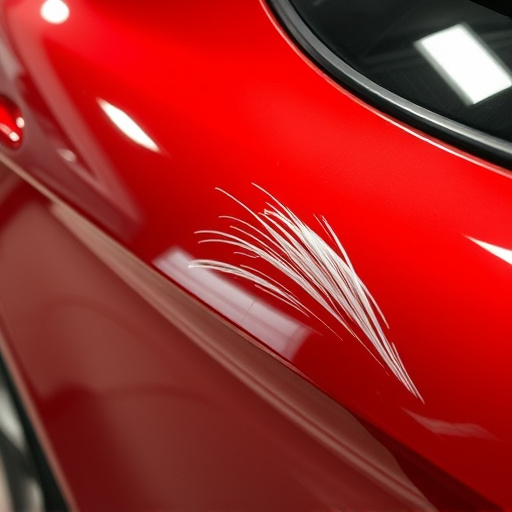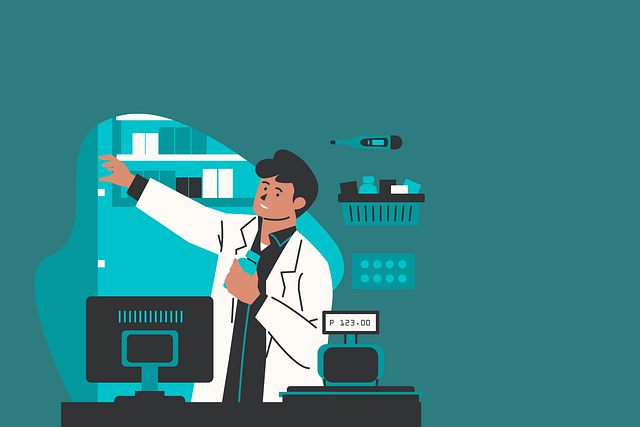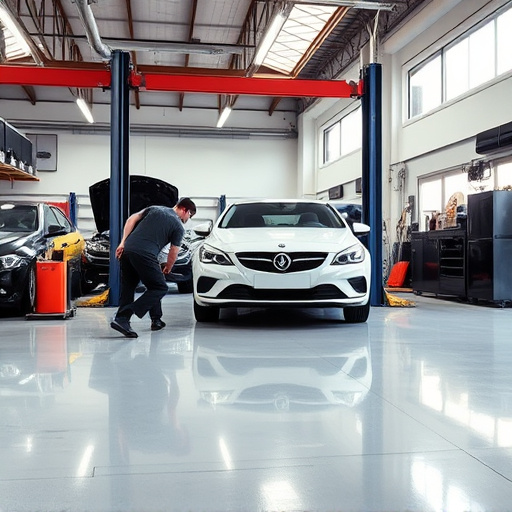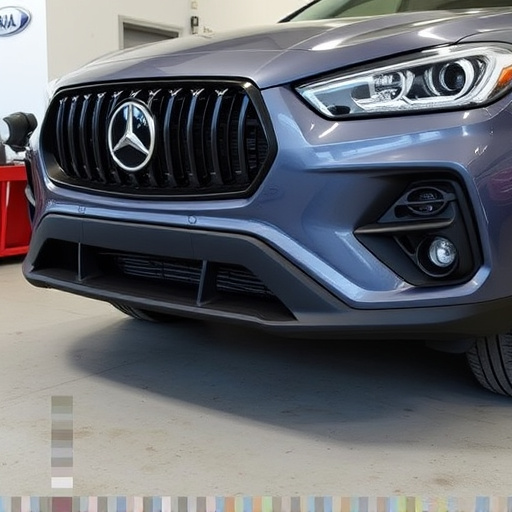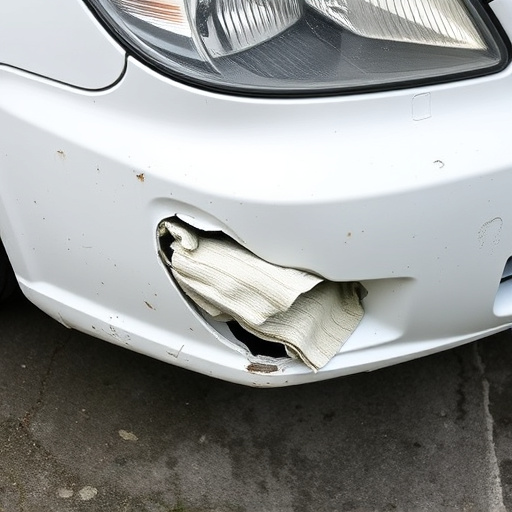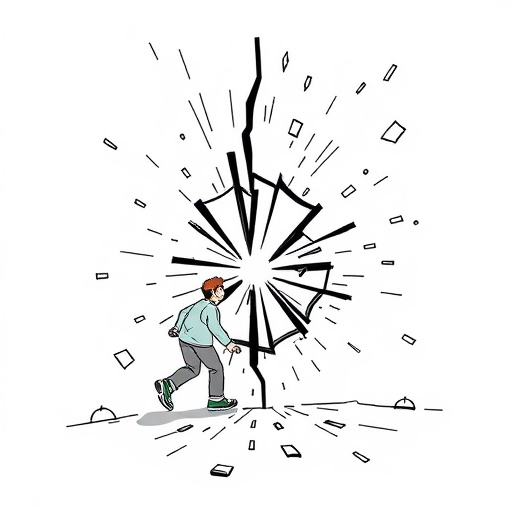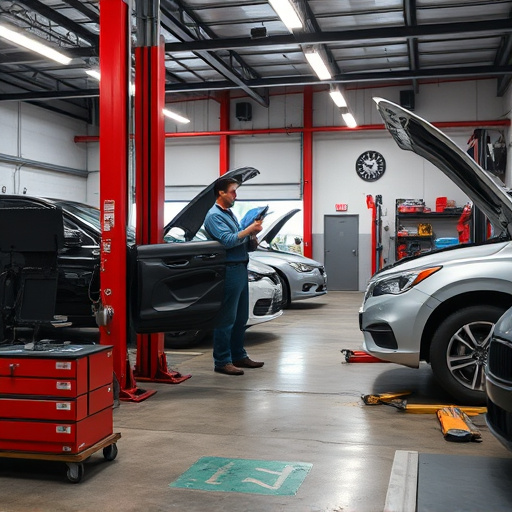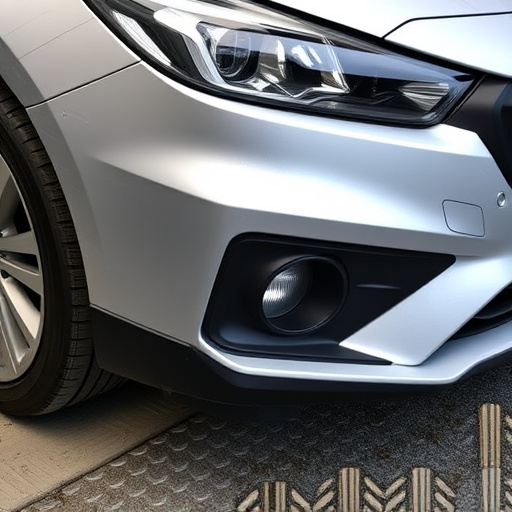A Tesla Full Self-Driving (FSD) hardware inspection is a meticulous process by trained technicians evaluating the functionality and condition of crucial FSD components like cameras, LiDAR, radar, and GPS sensors. It's vital for safety, performance, and resale value, as issues can be identified and addressed promptly through repairs or replacements. Regular inspections maintain the car's longevity and offer buyers peace of mind when trading in or selling a Tesla.
Considering trading in or selling your Tesla? A thorough inspection of its Full Self-Driving (FSD) hardware is crucial. This article guides you through understanding Tesla’s FSD system and navigating the inspection process. From checking cameras to validating sensors, knowing what to expect enhances your peace of mind. Moreover, discovering potential issues beforehand can boost your vehicle’s resale value. Ensure a seamless transition by mastering this essential step before engaging in any trade-in or sale discussions.
- Understanding Tesla's Full Self-Driving (FSD) Hardware
- The Inspection Process: What to Expect and Prepare For
- Benefits of a Thorough FSD Hardware Inspection Before Trade-In or Sale
Understanding Tesla's Full Self-Driving (FSD) Hardware
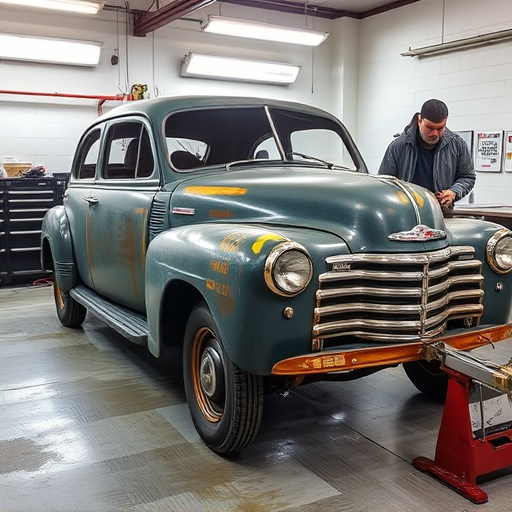
Tesla’s Full Self-Driving (FSD) system is a complex suite of hardware and software designed to enable advanced driver assistance features. At its core, FSD relies on a sophisticated set of sensors, including cameras, LiDAR, radar, and GPS, which work in harmony to perceive the surrounding environment. These components are strategically placed throughout the vehicle to provide 360-degree awareness, crucial for autonomous driving. When considering a trade-in or sale, conducting a thorough Tesla Full Self-Driving hardware inspection is essential.
During this inspection, one should assess the condition of each sensor and component, as any damage or malfunction can impact the overall performance of FSD. Reputable vehicle repair services or auto repair shops with expertise in electric vehicles (EVs) can provide specialized care for these intricate systems. They offer car bodywork services to ensure not just functional repairs but also aesthetic ones, maintaining the vehicle’s original condition—an important factor when preparing a car for resale or trade-in.
The Inspection Process: What to Expect and Prepare For
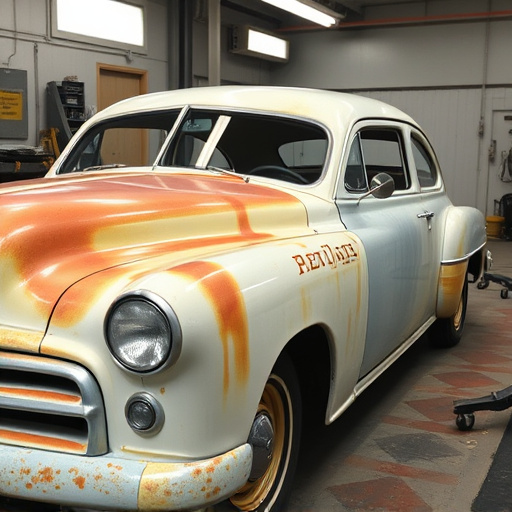
When preparing for a Tesla Full Self-Driving (FSD) hardware inspection, whether for trade-in or sale, understanding the process is key. This thorough evaluation assesses the functionality and condition of your vehicle’s self-driving components, including cameras, sensors, and processors. During the inspection, a trained technician will physically examine these parts to ensure they meet Tesla’s standards.
Expect a meticulous review of each element, from the visibility and cleanliness of cameras to the proper placement and operation of sensors. The technician might also test the software connectivity and performance of the FSD hardware. Be prepared to provide access to all necessary areas, ensuring your vehicle is clean and free of obstructions for an accurate assessment. This inspection process plays a vital role in determining the overall value of your Tesla’s self-driving capabilities, akin to how automotive collision repair experts evaluate damage for restoration purposes.
Benefits of a Thorough FSD Hardware Inspection Before Trade-In or Sale
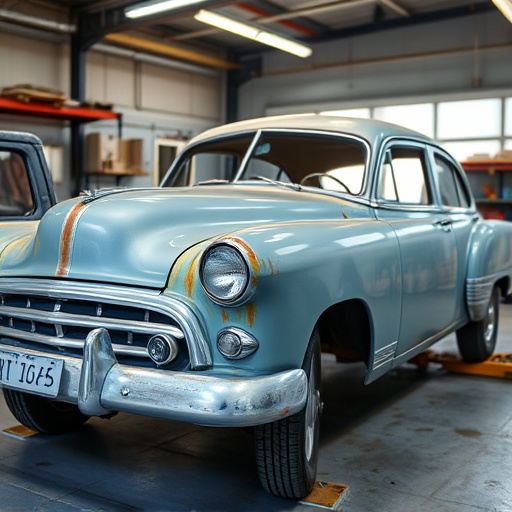
A comprehensive Tesla Full Self-Driving (FSD) hardware inspection before trading in or selling your vehicle offers numerous advantages. It ensures that all critical components are in optimal condition, enhancing safety on the road and improving the overall performance of the FSD system. This meticulous process identifies any potential issues with cameras, sensors, and other hardware elements, allowing for timely repairs or replacements. Such inspections are particularly beneficial for Tesla owners looking to update their vehicles, as it provides a clear picture of the car’s current state, facilitating an informed decision during the trade-in or sale process.
Moreover, a thorough inspection can help maintain the vehicle’s resale value by highlighting its well-cared-for condition. It also gives buyers peace of mind, knowing that they are acquiring a reliable and up-to-standard Tesla with all its advanced driver-assistance features fully functional. Regular FSD hardware checks, including car body repair and fender repair if needed, contribute to the longevity of your vehicle’s performance and safety capabilities, making it a valuable step for both sellers and buyers in the Tesla market.
Before trading in or selling your Tesla, conducting a comprehensive Full Self-Driving (FSD) hardware inspection is a smart move. This process ensures that all components are in optimal condition, enhancing the vehicle’s value and providing peace of mind for both sellers and buyers. By familiarizing yourself with the FSD hardware and following a structured inspection checklist, you can accurately assess its functionality, detect potential issues, and make informed decisions regarding your Tesla’s future.
